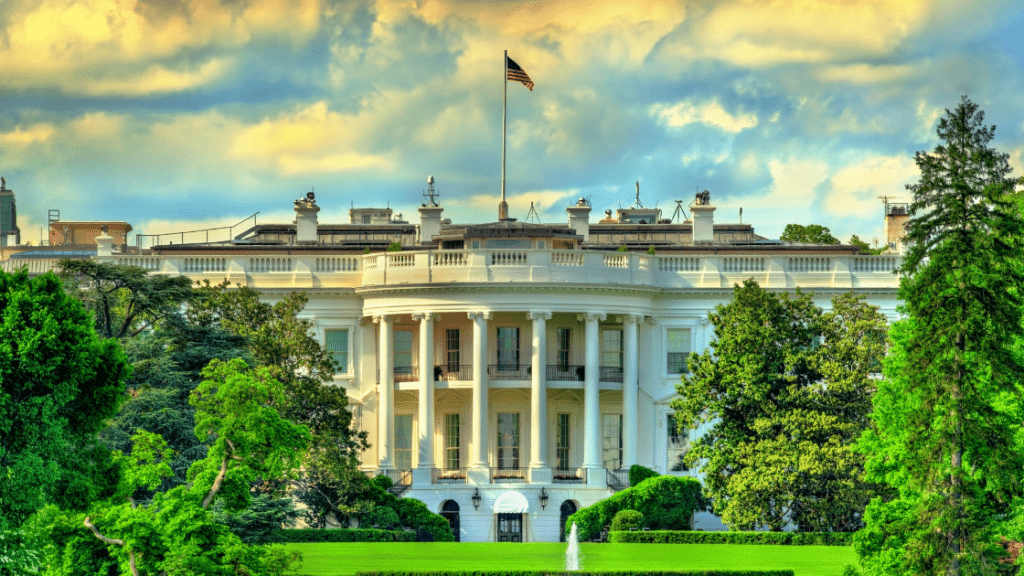China-Russia axis poses serious threat to U.S. national and economic security
Washington. The Coalition for a Prosperous America (CPA) today responded to Russia’s invasion of Ukraine by calling for a “wartime footing” to rebuild domestic U.S. industry. Russia’s aggression—actively aided and abetted by a pact with China aligned against U.S. interests—makes clear that the United States must swiftly develop national self-sufficiency in manufacturing, critical minerals, and high-tech industries. In the immediate, Washington must secure needed supplies and materials from allies while also imposing trade and financial sanctions on Russia to hamper its ability to wage war.
Said Michael Stumo, CEO of the CPA: “This is an ugly day for the world. Russia has invaded an independent nation, with the approval and assistance of Beijing’s overt support. First was Crimea, then Hong Kong. Now Ukraine. Without action, Taiwan will clearly be next. The United States must prepare for major disruptions across a wide range of imported goods and materials. Washington must put America’s reindustrialization into overdrive.”
CPA is calling for thorough sanctions on Russia and China, including immediate revocation of Russia’s permanent normalized trade status (PNTR) and the blocking of Russia’s access to U.S. dollars. Additionally, CPA is urging the Biden administration to systematically impose tariffs on Russian and Chinese exports.
Said CPA Chair Zach Mottl: “Russia’s invasion of Ukraine makes clear that globalization hasn’t brought peace. Russia and China are partners in a very destructive war that has up-ended the world order. Congress must recognize that open trade doesn’t confine these aggressors—it enables them. Both Russia and China are working against the security of the U.S. economy. Washington must respond smartly right now, and decouple the nation’s economy from Russia immediately—with decoupling from China following as soon as possible.”
CPA call for measures to address trade, finance, and taxation.
- Repeal permanent normalized trade relations status (PNTR) for both Russia and China.
- Raise tariffs on Russian exports by moving the country to Column 2 in the U.S. Harmonized Tariff Schedule.
- Impose 301 tariffs on China from List 4A and 4B.
- Prohibit the importation of steel and other national security-linked goods from Russia as well as any companies owned or supplied by Russia.
- Prohibit U.S. persons from trading the securities of any Russian company anywhere in the world, and through any financial product that provides any risk-exposure to such companies.
- Prohibit the Russian government from selling dollar-denominated bonds.
- Block Russian banks from accessing the SWIFT network used by banks and financial institutions to assist in the transfer of money.
- Prohibit American investment in companies that are involved in forced labor, subject to China’s national security law, and those with Chinese Communist Party cells or committees embedded in them.
- Deny any consumer tax credits on solar panels, electric vehicles, and any other products made in China or by China-affiliated companies.
- Deny foreign tax credits to Russian companies through the expansion of the 26 U.S. Code § 901 (j) (2) (A).
CPA call for President Biden to launch actions to immediately and massively rebuild industry in the U.S. while securing supplies for (and from) allies.
- Use the Defense Production Act to direct American manufacturing firms in the production of national and economic security goods, with federal guarantees for their purchase.
- Use the Federal Financing Bank to fund the needed rebuilding of critical industries where the U.S. currently depends on overseas suppliers—ranging from semiconductors and essential medicines to critical minerals and agricultural fertilizers.
- Identify and resolve key import dependencies to secure alternate supplies for products not currently produced domestically.
- Supply Europe and allies with U.S. production of goods and commodities—including natural gas—as a market replacement for Russian suppliers.
- Manage the dollar to regain export competitiveness through exchange rate and capital flow management to prevent foreign capital inflows surges from negating our reindustrialization efforts.
Stumo concluded: “The American people already know that our nation is overly dependent on China. But the stark realities of a new war make clear that Washington can’t drag its feet another minute. For our nation’s safety and security, we must start decoupling from China right now—and rebuild the industries that can make the United States more self-reliant in a hostile world.”












